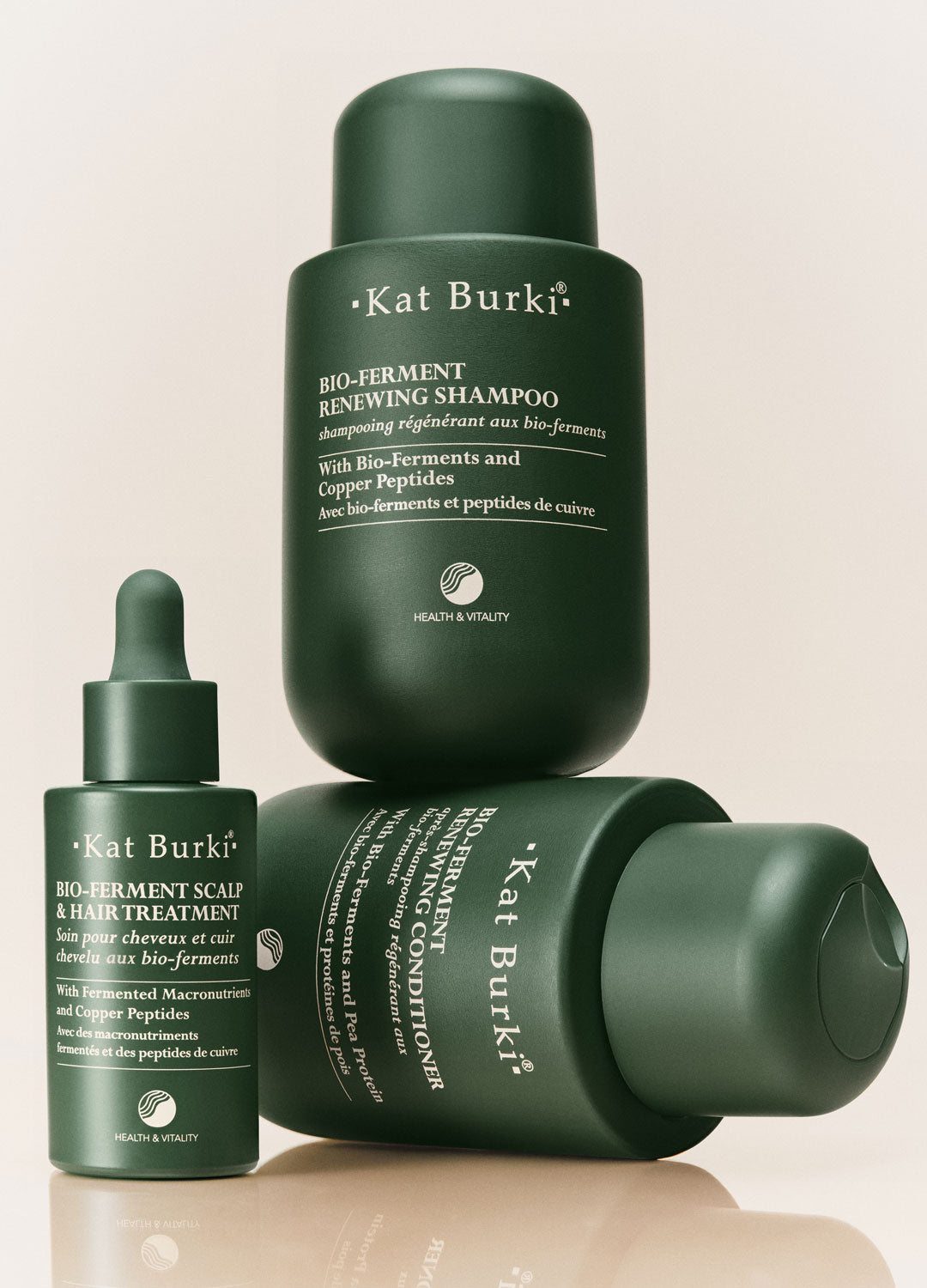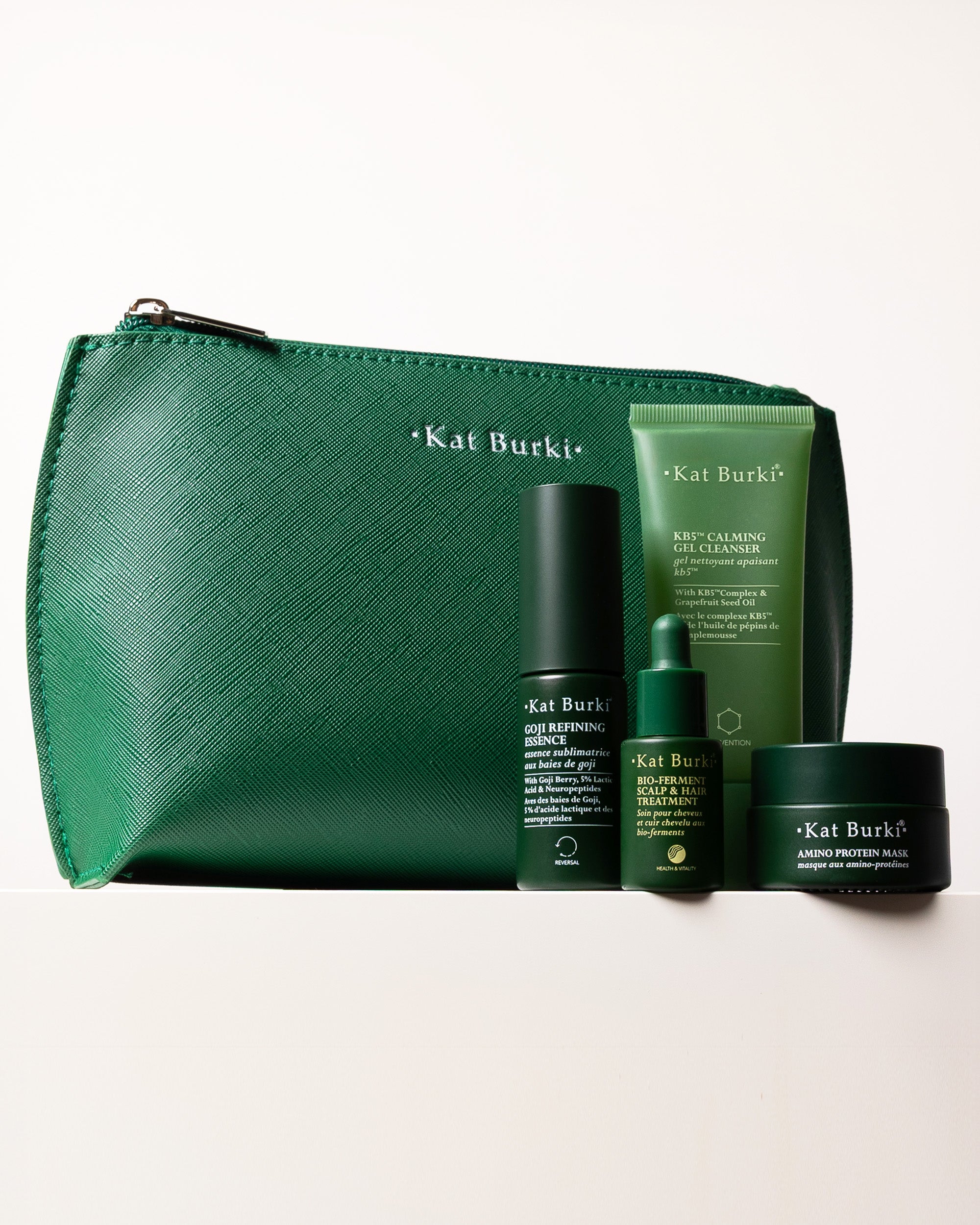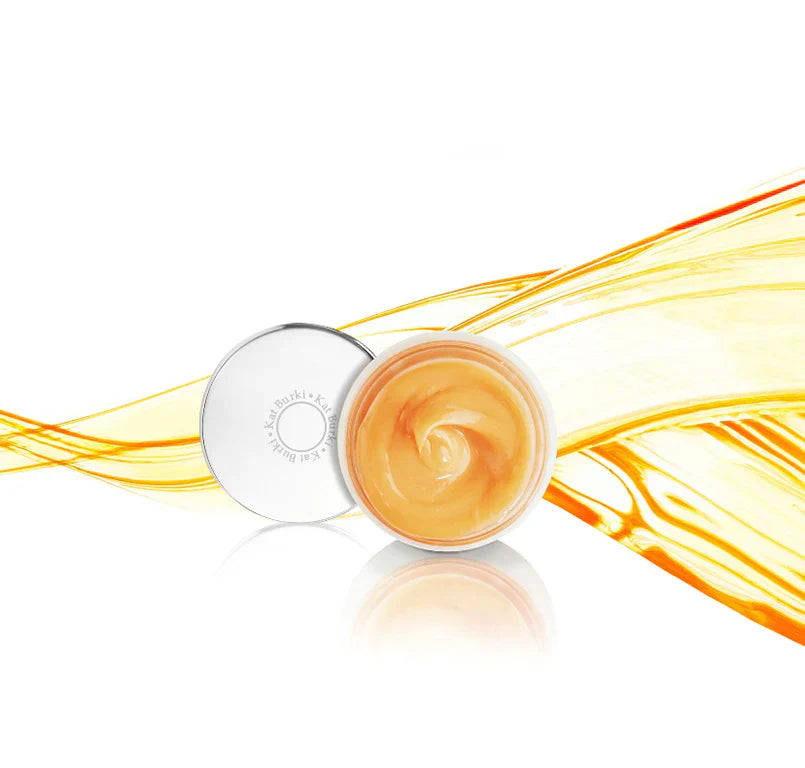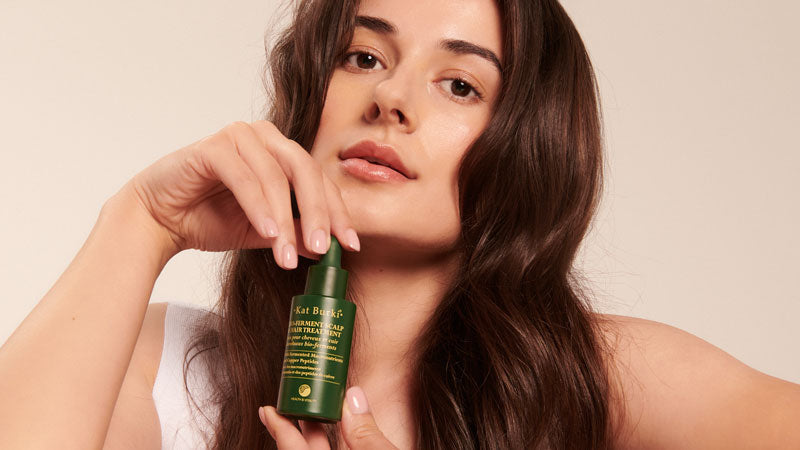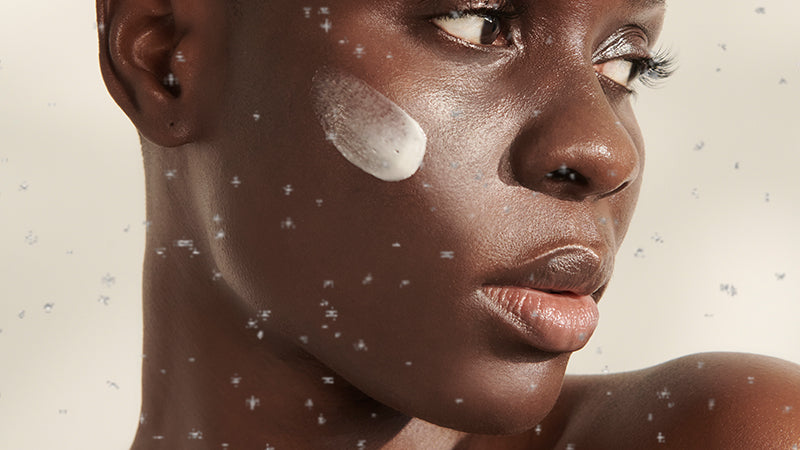Radiant skin isn't a mystery. It’s about health. Consider this: your skin makes up roughly 16 percent of your body, making it the largest organ, composed of a wondrous system of tissues and membranes that harmonize to achieve balance. Elements usually associated with beauty, such as how plump, elastic, and dewy skin appears, are a direct result of how it’s nurtured. Mindfulness and caring for your skin are partners. Vitamins, minerals, nutrients, and your diet, all contribute to skin health.

What makes B vitamins different? Most of us are familiar with B complex, but not as much with the individual B’s. Considered an essential nutrient, each B possesses its own unique benefits, associated with skin health and healing; according to dermatologist, Dr. Keira Barr, author of the book The Skin Whisperer, the B’s “help soothe, smooth, hydrate, repair, and improve skin tone and the appearance of fine lines and wrinkles, making them a great addition to skincare.” To make the most of their far-reaching effects, formulations are key. “B vitamins are often used in combination with other ingredients to amplify their anti-microbial, anti-inflammatory, photo-protective and lightening properties,” says Barr.
When it comes to the synergistic combination of B vitamins, Kat Burki's Pro B Repair line is composed of super nutrients, a minimum of 2 ingredients that enhance their performance together. Bio Correcting Cream, Vital Hydration Blast, and Eye Cream Complex, are rooted in biochemistry for ultimate therapeutic benefits. Formulations include B Vitamin Complex, Niacinamide, neuropeptides, and Vitamin C. Each element has a specific role. Together they activate amino acids in order to restore your skin. Toxins and fillers are never used. In place of water, Burki substitutes her signature blend, KB5 Complex™ for optimal results.

B’s are water-soluble vitamins which means they’re easily absorbed. The downside is that your body can't store them, unlike their fat-soluble counterparts. How they are delivered is crucial too. Applied topically to the skin and consumed in your diet are ideal methods. Get to know your B’s and their benefits below.

B2 (Riboflavin)
With anti-inflammatory and anti-aging benefits, B2 affects skin on a cellular level, assisting with growth and development; antioxidant properties help combat photoaging by fighting free radical damage that results from oxidative stress. Known for its healing benefits, it also helps prevent acne and dry patches on the skin. Researchers are studying Riboflavin’s protective abilities for different medical conditions, and its link to treating chronic psoriasis, as well as anticancer properties.
Foods: Salmon, almonds, wild rice, yogurt, cheese, eggs, avocado, mushrooms.
B3 (Niacinamide)
This super-vitamin has an abundance of anti-aging benefits, and excels at keeping skin radiant. B3 helps produce elastin and ceramides, contributing to an ageless supple-looking appearance. Dr. Barr rates Niacinamide as her absolute favorite B vitamin. It has, “antipruritic, antimicrobial, vasoactive, photo-protective, and lightening effects on the skin, depending on its concentration; and can be used for many different skin conditions, including acne, rosacea, atopic dermatitis, skin cancer prevention and hyper-pigmentation,” says Dr. Barr, adding that “Niacinamide is able to recharge the skin’s energy supplies that are consumed from repairing UV induced DNA damage.”
In addition, Dr. Barr says research “highlights that the anti-inflammatory properties of Niacinamide can be used synergistically with other anti-inflammatory compounds, like green tea extract, in conditions such as rosacea, as well as topical antibiotics like Clindamycin for acne.”
Foods: beans, sweet pepper, and potatoes, ginger, pumpkin seeds, lentils, sunflower seeds.
B5 (Pantothenic acid)
B5 is soothing, moisturizing and has been studied for its connection to accelerated skin and wound healing. Dr Barr says, “Not only is Vitamin B5 a humectant which helps hydrate skin, it also has anti-microbial and anti-inflammatory properties to repair and heal dry, itchy, red and irritated skin. Pantothenic acid regulates skin barrier function and skin cell differentiation. When coupled with its antimicrobial and skin softening properties, research has found supplementation with Vitamin B5 beneficial in reducing facial acne.”
Foods: avocados, mushrooms, potatoes, sunflower seeds, chickpeas, cow’s milk.
B6 (Pyridoxine)
Crucial to the central nervous system, B6 helps build serotonin and dopamine, and converts the foods you consume into usable energy. A terrific vitamin for skin and anti-aging, it assists with synthesizing collagen, and allows skin to retain moisture and elasticity. Plus, it helps balance hormonal changes, and acne-related concerns.
Foods: wheat germ, bananas, oats, peanuts, peas.
B9 (Folic Acid)
Super important for the body, Folic Acid, assists in the creation of red blood cells and DNA, helping detoxify by breaking down homocysteine. It's excellent for dry skin, as it strengthens skin-barrier function, helping with moisture-retention. When used topically, it improves skin tone and texture. Since it promotes collagen production, it also slows the effects of premature aging, by reducing fine lines and wrinkles.
Foods: leafy greens, beans, legumes, asparagus, broccoli, brussels sprouts
B12 (Cobalamin)
B12 partners with Folic acid to keep your nerve cells balanced. It strengthens immunity, and helps you process iron and create red blood cells. Because it assists with cell turnover, it's especially good for mature skin. It's anti-inflammatory, lessens dark spots, and uneven pigmentation, and is good for overall hydration. Researchers are studying its link to acne treatment, and other skin conditions.
Foods: salmon, trout, low fat cow’s milk, tofu, yeast, eggs, yogurt.
B vitamins work together to boost skin health, in turn improving its look and feel. Forgo chemical additives and seek out the highest quality synergistic combinations to magnify healing and beautifying effects. In addition to skincare, take full advantage of the benefits of B’s by adding appropriate foods to your daily diet. Dr Barr says, “topical application can address issues with dryness, itching, irritation and pigmentation, while taking oral supplementation can help replenish any deficiencies in B vitamins.” *Before taking supplements check with your healthcare professional to determine what’s best for you.

